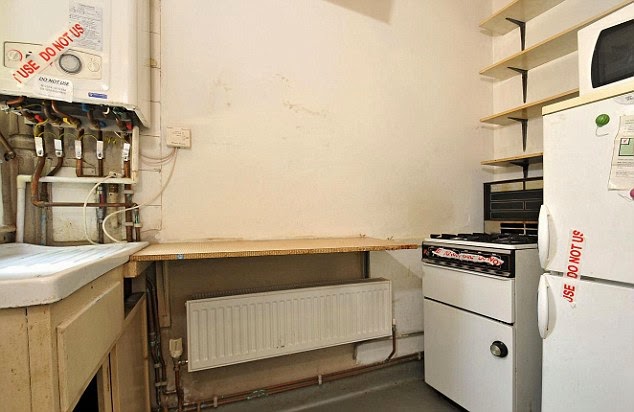When
he was searching for rooms a couple of years ago, a friend of mine stumbled on a Gumtree ad
which he emailed to me. ‘Hallway with futon,’ it ran. ‘£30PW. Sharing with shoe
rack. We don’t go out much after 11pm so you won’t be disturbed.’ They’d even
included photos in case you wanted to compare.
It’s
difficult for anyone outside the capital to appreciate just how hard
it is to live there unless you speculate on gold derivatives for a living. So
let me say from experience: housing in London is desperate. People bed down in
basements and occupy bathtubs. They sleep on sofas and pay for the privilege. I had a bunch of colleagues from the English
school I worked at who lived in a ‘loft warehouse’ at one point, which
essentially meant sharing a huge room with a part-time cocaine dealership. There
was no toilet and there was a ninety decibel rave on most nights. My Senior
Academic Support Officer slept in a hammock.
So
why voluntarily inhabit a city where a salmonella-coloured bedsit in zone five
will set you back twelve hundred quid a month? Why hand over three month’s
wages in return for a pair of flimsy door keys in a room with all the welcoming
comfort of a medium sized storm drain?
The
answer is so obvious it hardly needs stating: necessity. People in London put
up with shared accommodation, punishing rents, and living costs that are rising
all the time because that’s where the opportunities are. But all around the country housing is seen as a commodity. We all know about the story of buy
to let mortgages – which leapt from 70,000 in the late 1990s to over a million
today. But these are only the start. In a recession representing rich pickings
for rentiers, the new trend is for “let to buy” – that is, use the rental cash
from an older property to finance the mortgage on a new one by chopping it all
up into tiny flats.
But even that’s not
the limit: a recent radio documentary
describes how the growing trend of “let to let”: in other words, rent out a
property, convert and sub-divide, then let that
out. It’s a market that’s been boosted by the bedroom tax – the government is
keen to encourage a sub-divided society because they represent less in benefit
claims.
The
result is a lot of rentiers, and a lot of people paying for their lifestyle. The result? Being part of “Generation Rent” isn’t a drop in status - as new research reveals - it’s something to
aspire to. Now where was that ad about the hallway...


